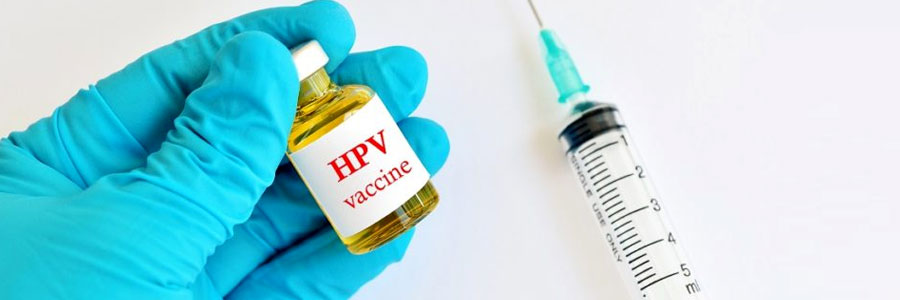Services
HPV screening & HPV vaccination

Human papillomavirus (HPV) screening and vaccination are important strategies for the prevention and early detection of HPV-related diseases, including cervical cancer and other anogenital cancers.
Here's an overview of HPV screening and HPV vaccination:
HPV Screening:
- HPV screening involves testing for the presence of high-risk HPV types in cervical cells to identify individuals at risk for developing cervical cancer or other HPV-related diseases.
- The primary method of HPV screening is molecular testing for HPV DNA, such as the HPV DNA test or HPV RNA test. These tests can detect the presence of high-risk HPV types in cervical samples collected during a pelvic exam or Pap smear.
- HPV screening may be performed alone or in combination with cervical cytology (Pap smear) as part of co-testing (cotesting) to improve the sensitivity and specificity of cervical cancer screening.
- Screening guidelines for HPV vary by age, risk factors, and screening history but generally recommend starting screening at age 21 and continuing at regular intervals until age 65 for individuals with a cervix.
HPV Vaccination:
- HPV vaccination involves administering vaccines to prevent infection with certain high-risk HPV types that are associated with cervical cancer, as well as other HPV-related diseases such as genital warts and anal cancer.
- HPV vaccination is typically recommended for both boys and girls before they become sexually active, ideally between the ages of 9 and 12, although vaccination can be initiated as early as age 9 and continued up to age 26 for individuals who have not been vaccinated previously.
- Catch-up vaccination may be recommended for older individuals or those who missed vaccination during adolescence.
- HPV vaccination is highly effective in preventing HPV infection and related diseases when administered before exposure to HPV.
Benefits:
- HPV screening and vaccination have had a significant impact on reducing the incidence of HPV-related diseases, including cervical cancer and genital warts.
- HPV vaccination has been shown to be highly effective in preventing HPV infection and reducing the incidence of HPV-related diseases, including cervical precancers, genital warts, and anal cancer.
- HPV screening allows for the early detection and treatment of precancerous lesions, reducing the risk of progression to invasive cervical cancer and improving overall cervical cancer survival rates.
Overall, HPV screening and vaccination are important tools for the prevention and early detection of HPV-related diseases, including cervical cancer. Incorporating both vaccination and screening into comprehensive cervical cancer prevention programs can help reduce the incidence, morbidity, and mortality associated with HPV-related diseases.
